The novel Neljäntienristeys tells the story about Finland’s restoration after the war and a family’s four generations. Tommi Kinnunen, born in Kuusamo, works as a teacher. Neljäntienristeys, published in 2013, was his second novel and a grand success, with 75 000 copies sold in Finland and also set on stage. It won the Award of Finnish Journalists and the Nuori Aleksis Prize. We talked to the 44-year-old author about the novel, about Finland’s way of historical thinking, about the “lethargic” Scandinavian art, and he also spoke about how he learned to love Hungarian literature.
Your first novel was Neljäntienristeys. Wheren’t you afraid of the reaction of the readers?
Should I have been? I think not. I have no specific agenda or such when writing, but I only want to tell stories. It’s true that some characters are the ones, whose stories usually haven’t been heard or listened to, but maybe it’s time for us to finally sit down and give time for those people.
In the novel, you show four different lives and generations with profound details. What were your sources? Did you use your memories from your past of your family?
The character of Maria had a counterpart in real life. My great grandmother Hanna Aaltonen was the first midwife in Kuusamo area in the beginning of 1890’s. I haven’t met her for she died in 1951, but there are lots of stories about her in my family, and some of them I used in the book. Such are the first Maria’s story, also the story of buying a bike and killing the cat when evacuated.
I love details and I can admit I use lots of work and effort when checking that all the details are right.
(In the Neljäntienristeys) we can read about rebuilding of Finland after war. What sign did the war leave in the present Finnish society, memory of it’s history? Is in interesting for the young people nowadays?
This year Finland has it’s 100th anniversary as an independent country, but still it seems that the only thing happened to us was the World War II. Of course the wars should be remembered and maybe to be learned the historical reasons thet led to them, but why to stick only to something that happened long time ago? A society should look forward, to the future, not to the past.
You write about the heroes of the story with deep empathy. As you are a teacher, you need empathy while you teach them. How did it influence you while writing your novel?
Teaching without empathy is impossible. One cannot work as a teacher if he doesn’t believe that everyone of the pupils are good and important and they should be given all possibilities to live a good life. Maybe it’s the same with writing: there aren’t good or bad characters. There’s only small people who try to make their lives as good as possible. Sometimes they use means that someone looking happenings outside may think are evil ones, but usually the characters don’t see the influence of their decisions.
What kind of literature do you read in your free time?
I read all kind of literature, both fact and fiction. I love to read foreign literature translated in Finnish for it’s wonderful understand different cultures and their habits. There was time when I read all the possible Hungarian litterature and poetry (József, Kertész,Hercseg) for my parents had a friend, Tibór (Tibi) from Budapest who (I believe) they helped to escape to west in late 1960’s. He was the one who inspired me to read Hungarian literature when he visited us. And I’ll never forget the stuffed peppers he made! Even the kitchen was a disaster when he finished cooking so that made my mother scream, the taste was so good that she forgave him every time.
The Neljäntienristeyswon a few prizes, it was translated to a lot of languages. Except for these prizes, who’s rescept is valuable for you?
I work as a teacher and identify myself as a teacher, not as a writer. That’s why I haven’t been thinking prizes so much. Maybe one of the most important feedback I got was in Helsinki Book Fair in 2014 when an old war veteran sitting in a wheel chair came to me and said: “Thank you for you book. I also fell in love in the frontier of the Continuation War, but I didn’t dare to love. Now it’s too late.”
From Hungary, it seems that Skandinavian books and films are depressing and melancholic and they don’t dare to face to important social problems. Does this Scandinavian aspect of life really exist?
Hmmm… I think it depends on the books that have been chosen to be translated and the films chosen to been shown in Hungary. There are lots of happy, joyful films like Napapiirin Sankarit (https://en.wikipedia.org/wiki/Lapland_Odyssey) or books like the ones written by Arto Paasilinna, also books and films dealing modern social problems, but maybe they aren’t the ones you see there in Hungary… We do have social problems and they are processed also in art.
You wrote not only novels, but books for schools too. Is there a similarity between the two genres?
No, not really. All the schoolbooks have educational aspects, but the novels doesn’t. I really hate reading books which have strong authors agenda. Shouldn’t they be considered as propaganda? It think art should make questions, politics try to give answers and the free media to consider if the answer are correct ones.
It has been published your two novels Neljäntienristeys (2014) and Lopotti (2016). When is your next novel?
I’ve have been writing my third novel for a year now and half of it is ready. It tells a story of a autistic man working in a glass factory in the late 1940’s, but I don’t know when I have time to finish the book. At the moment I’m also working as a teacher but also programme manager of Turku International Book Fair. Also a year ago we bought a 150-years old wooden house in Turku and I’ve been renovating it in my free time. Because I’m also a father and a husband, it seems impossible to find so much free time that I could concentrate in writing. I’d rather play with my 3 years old doughter than isolate myself in working room. It’s so quickly she grows up and I want to be there seeing it!
Interview and translation: Zsolt Várkonyi

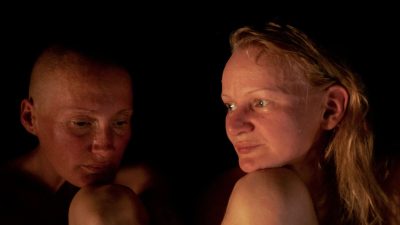
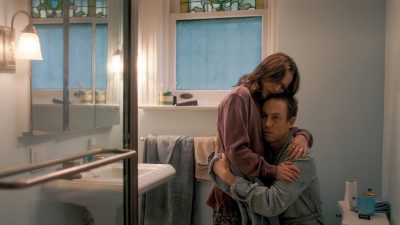
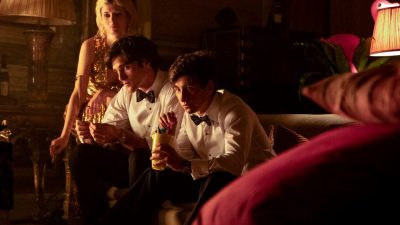
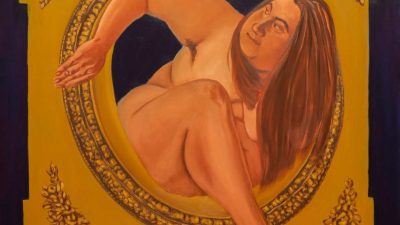
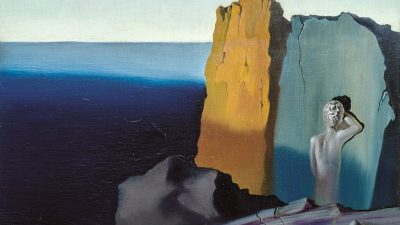



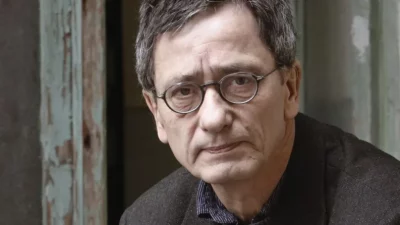



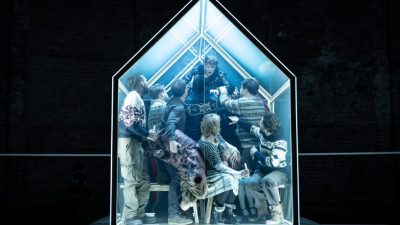
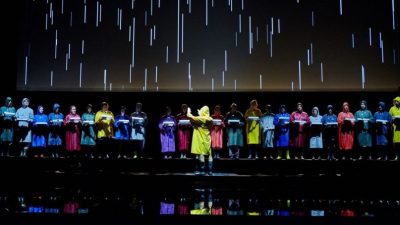


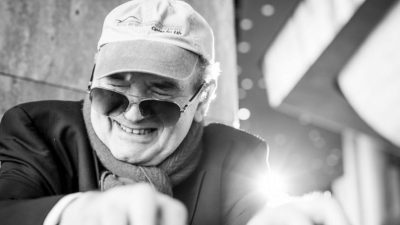


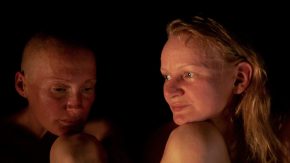

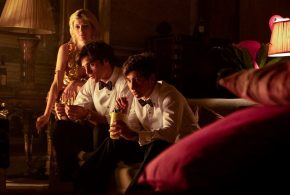
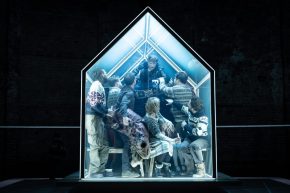

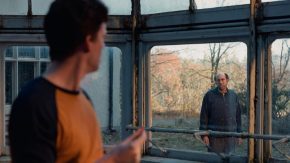
Comments